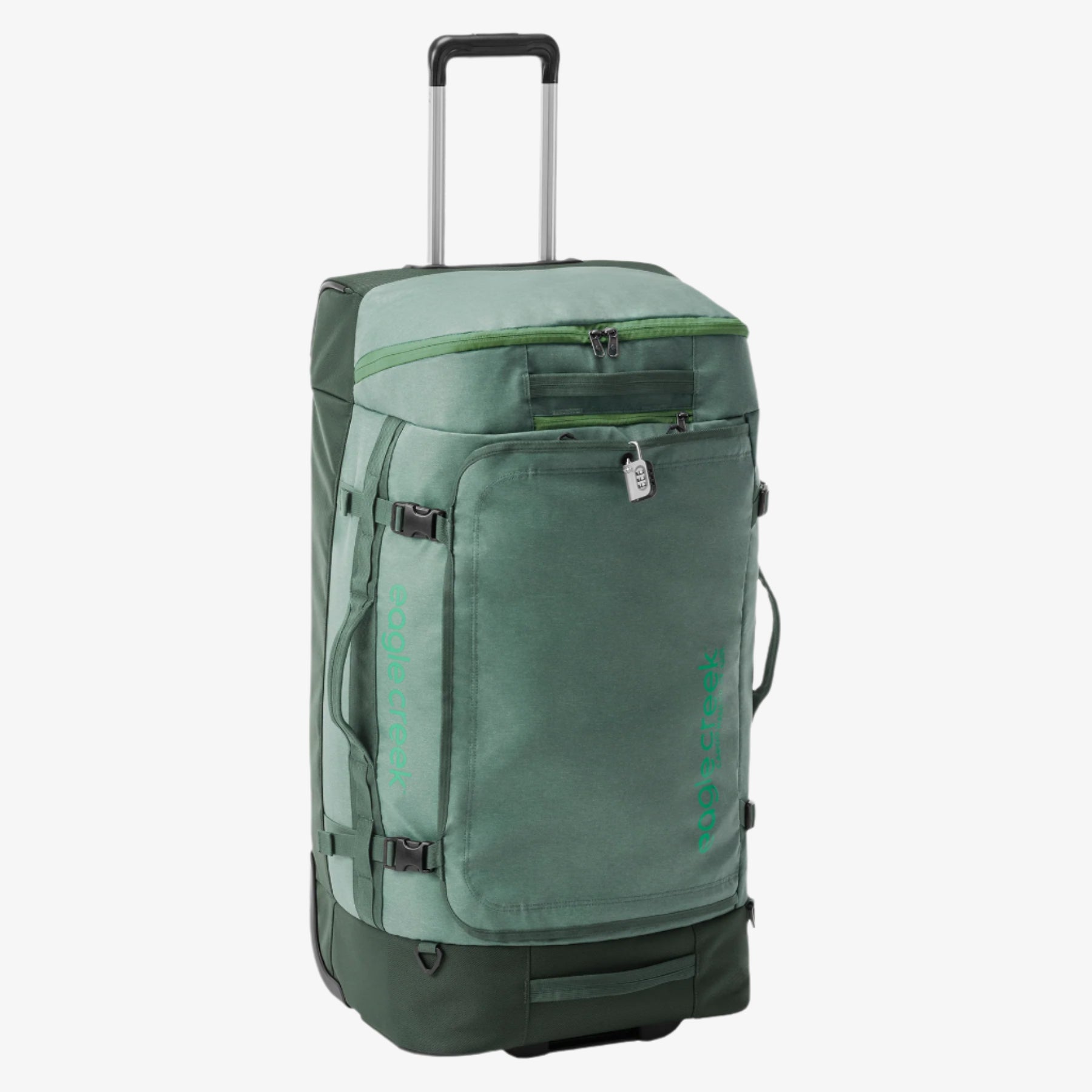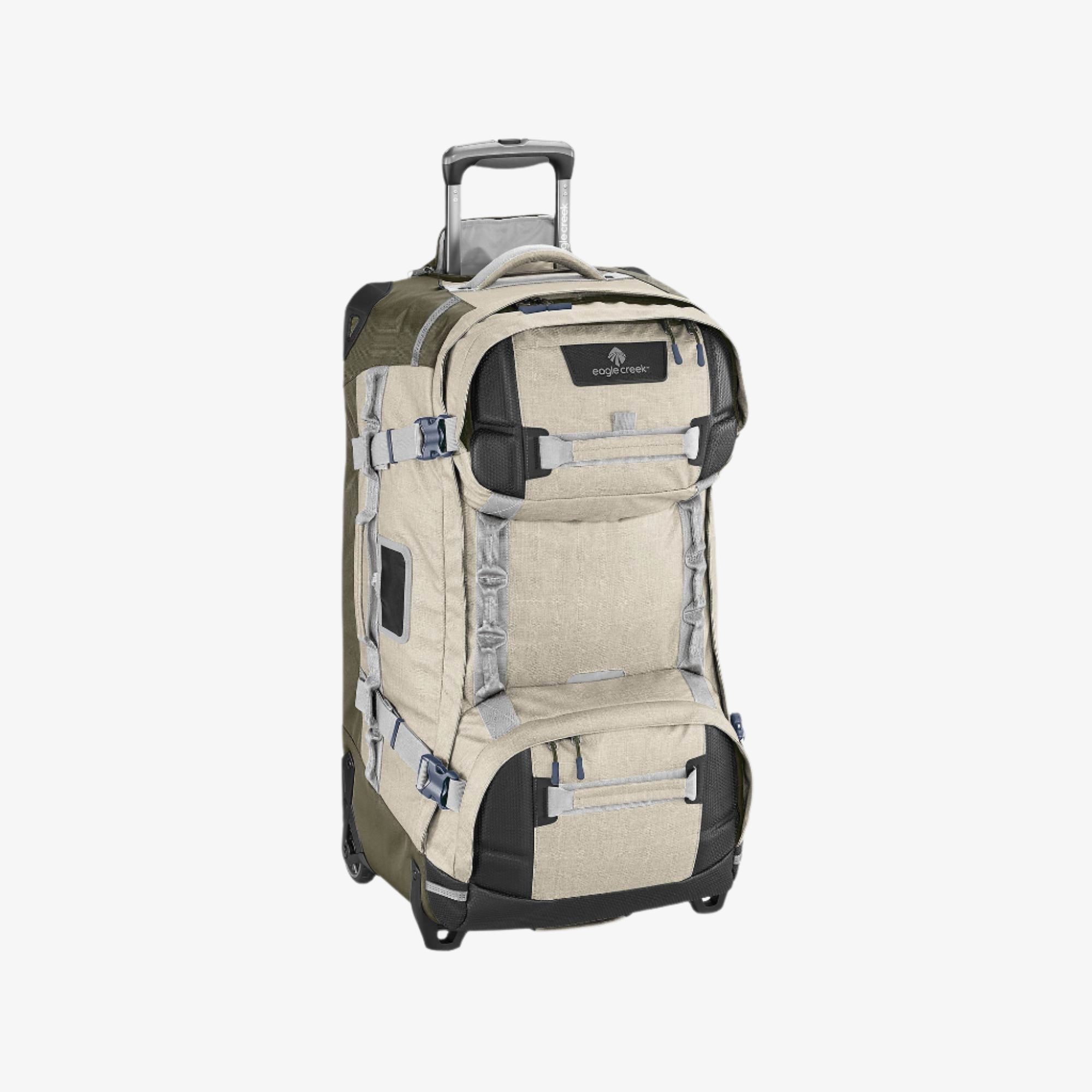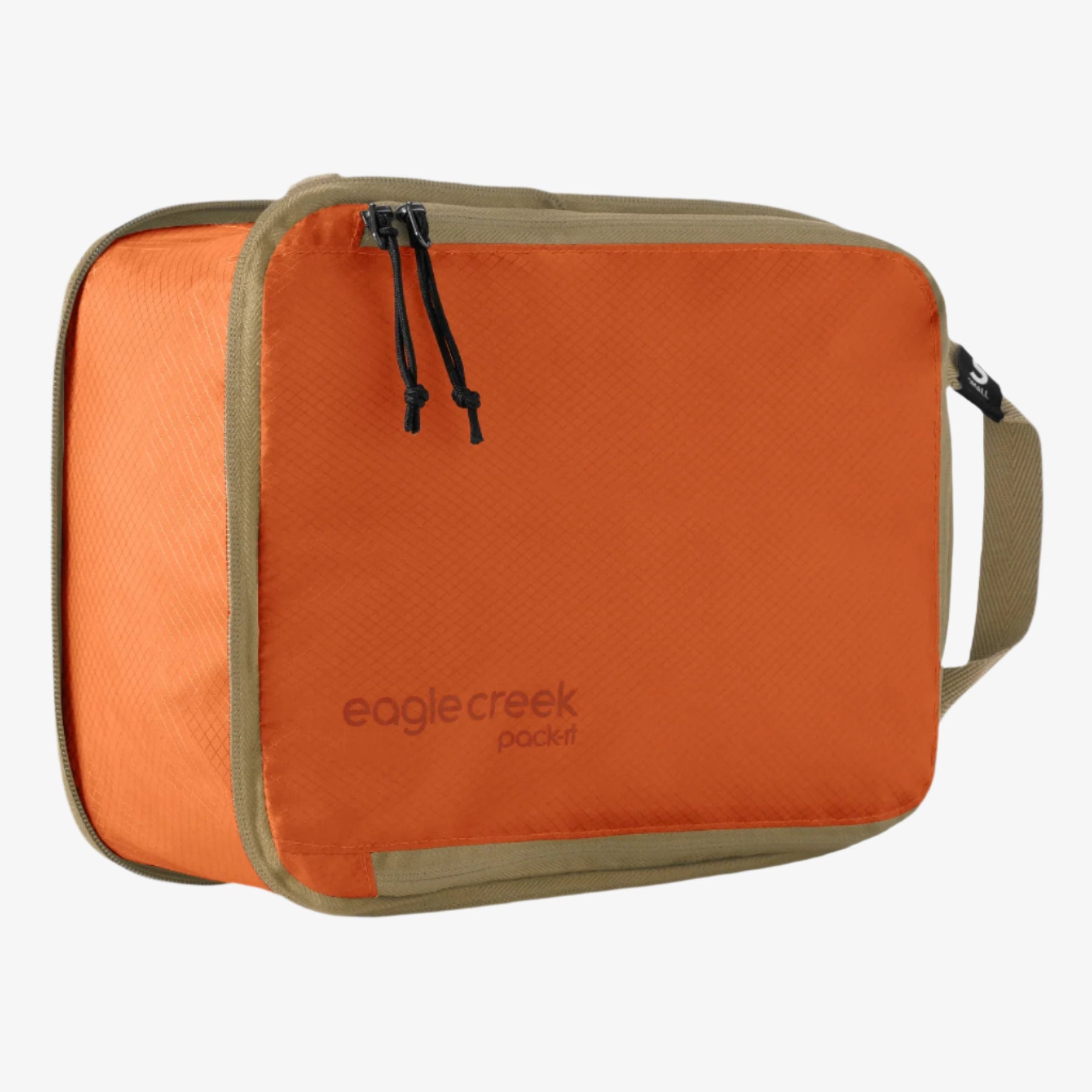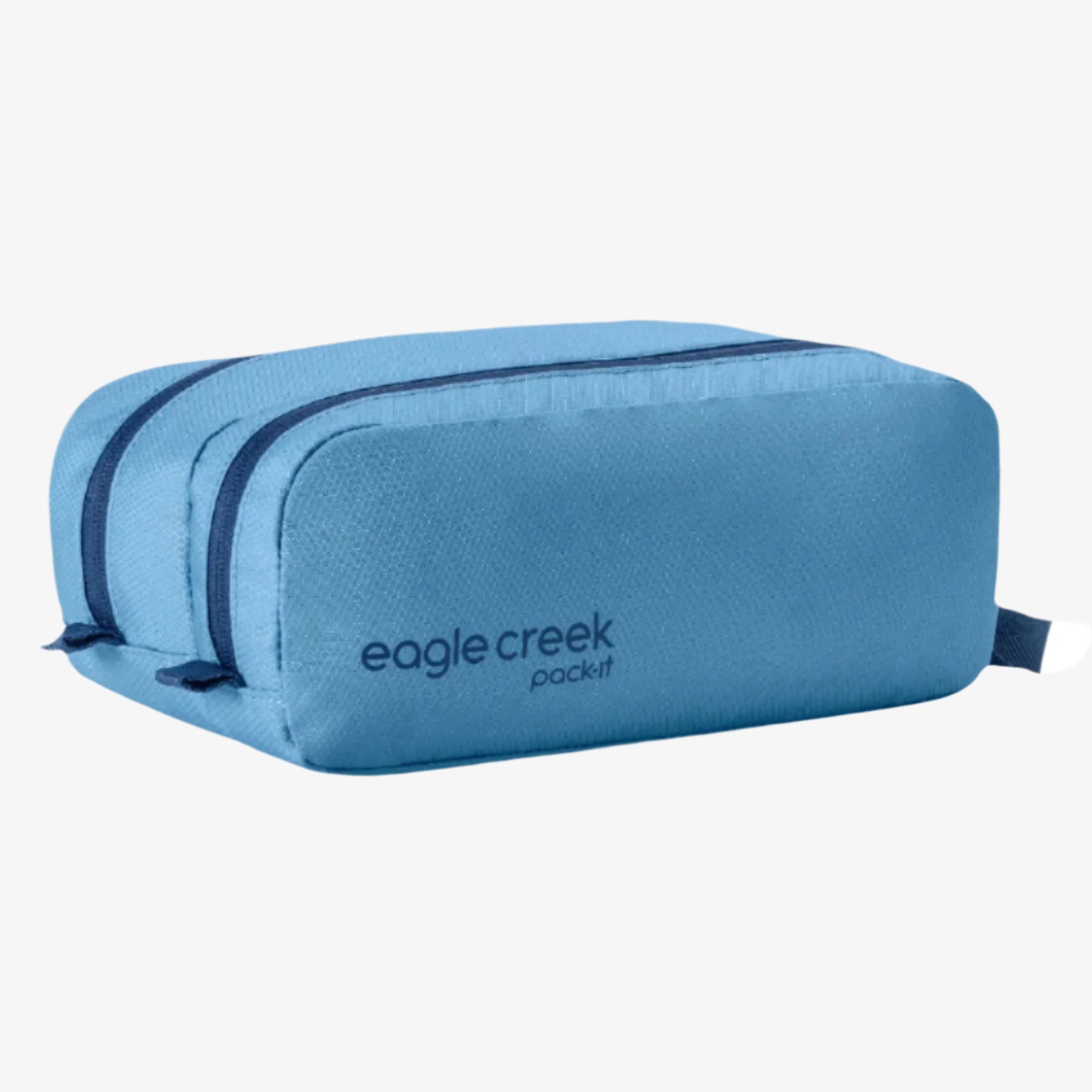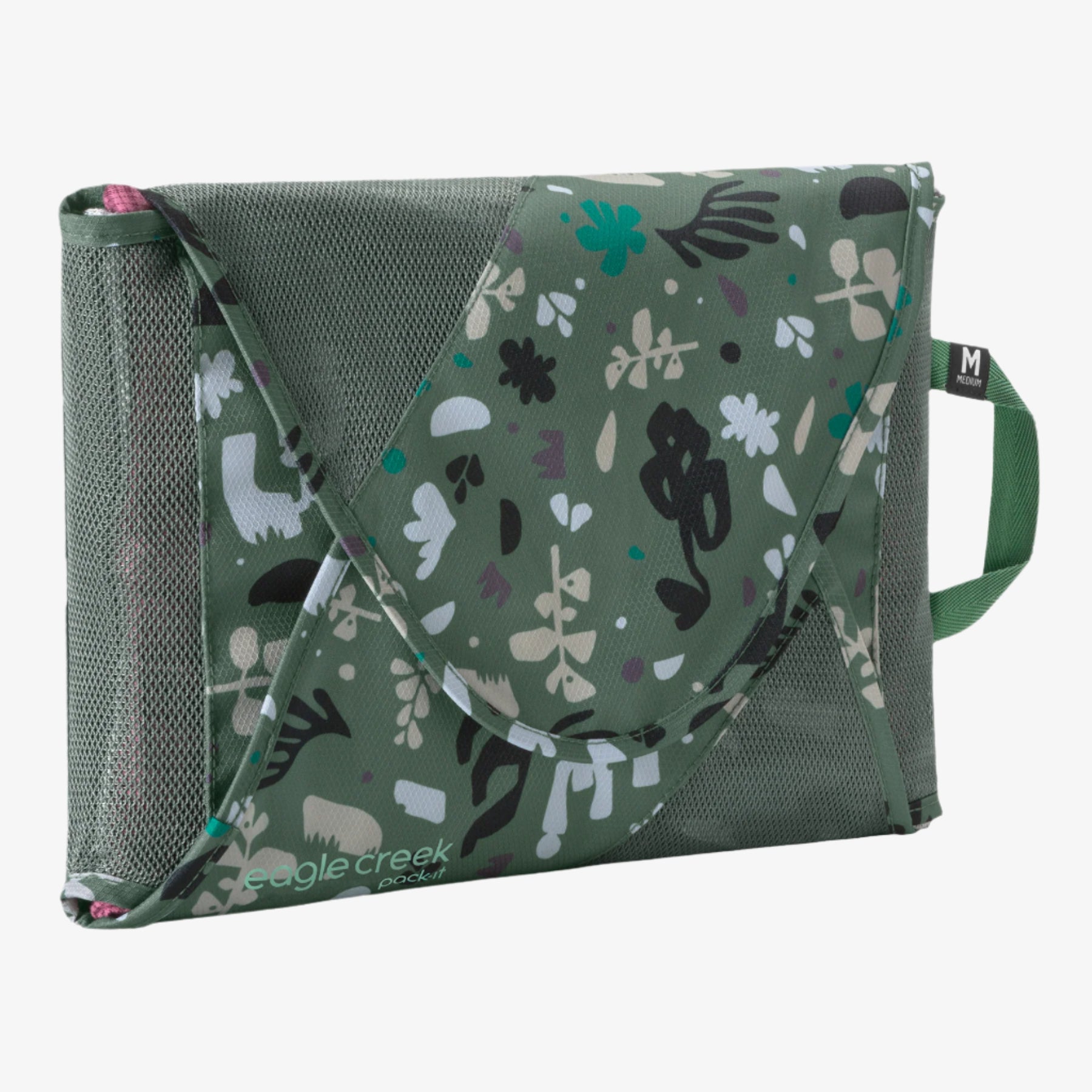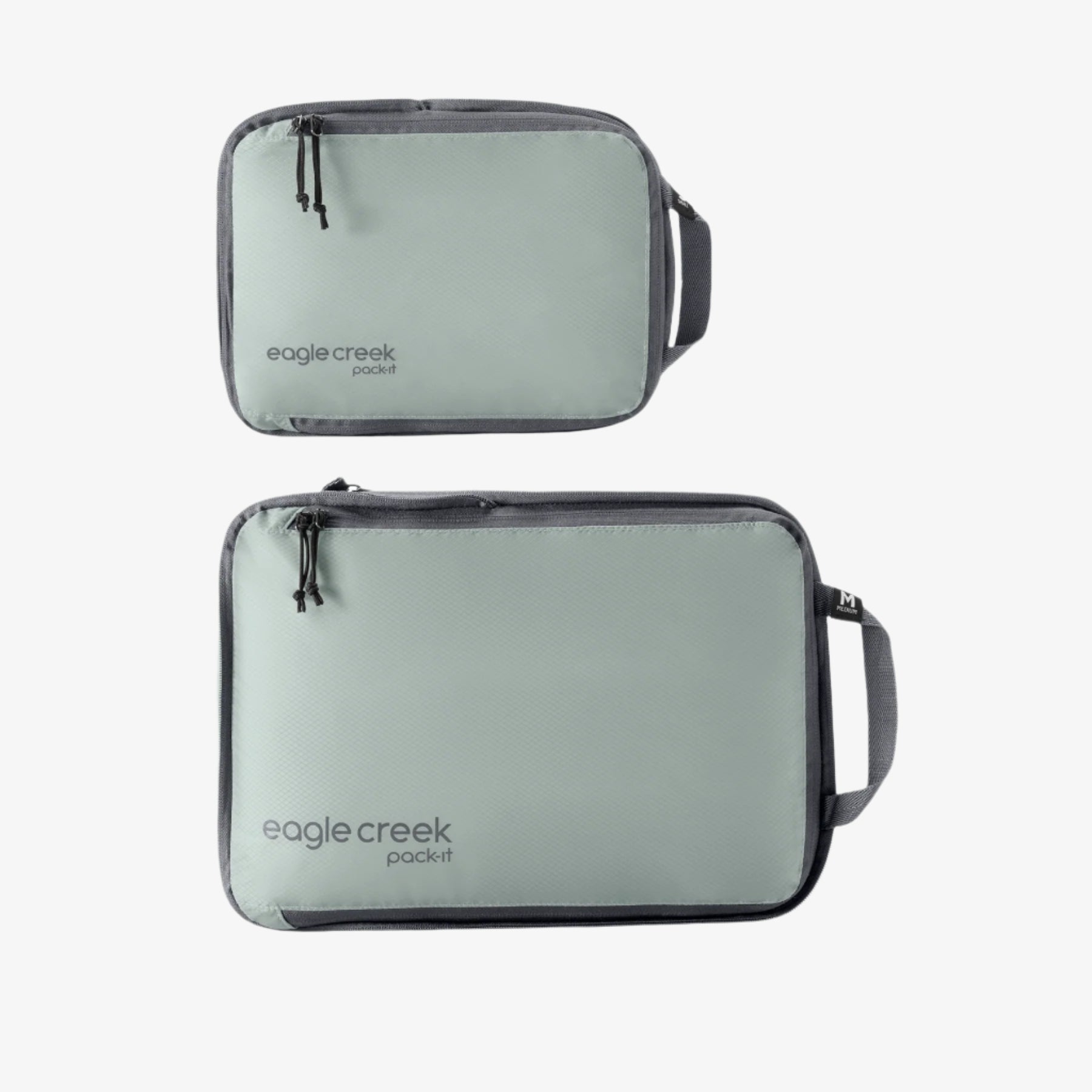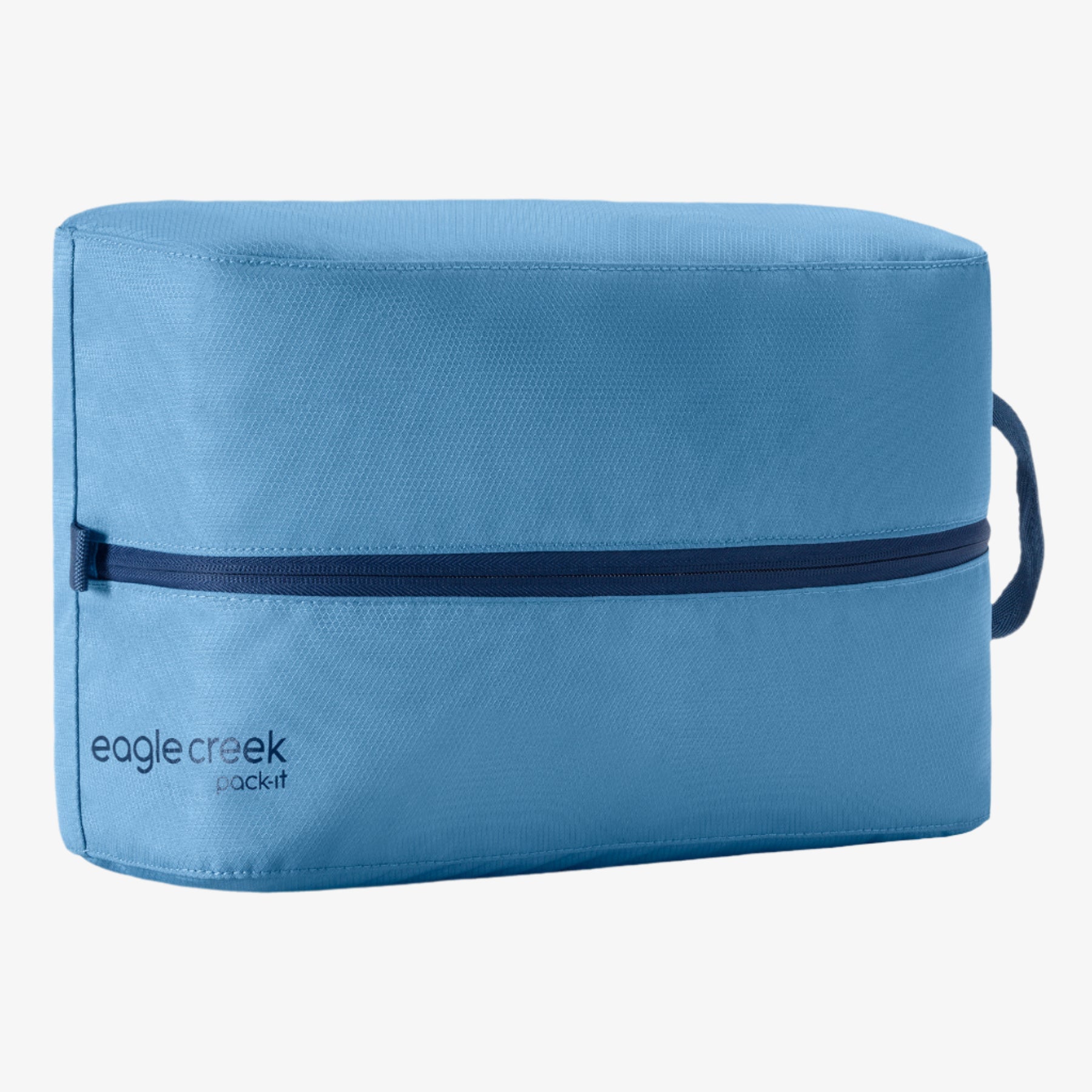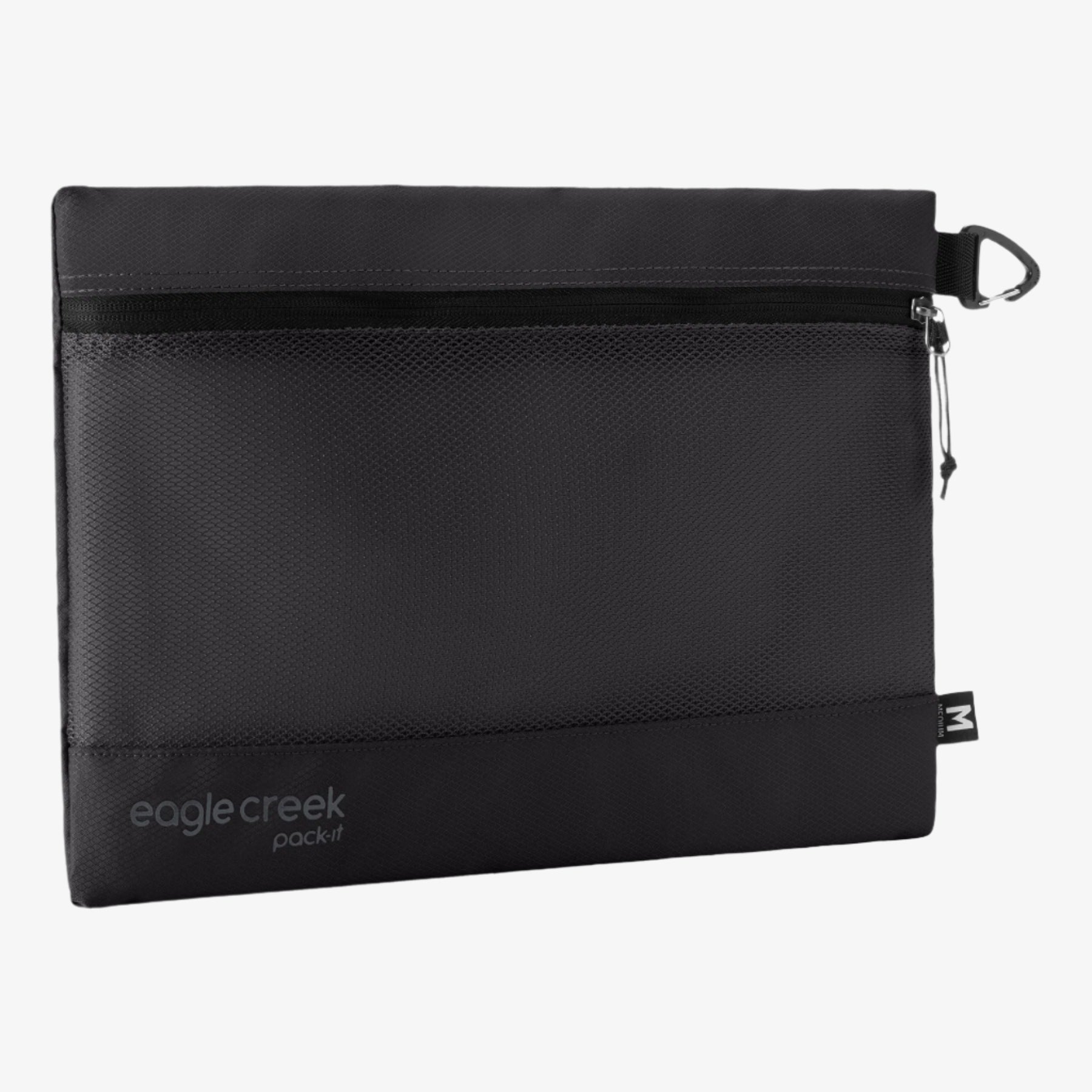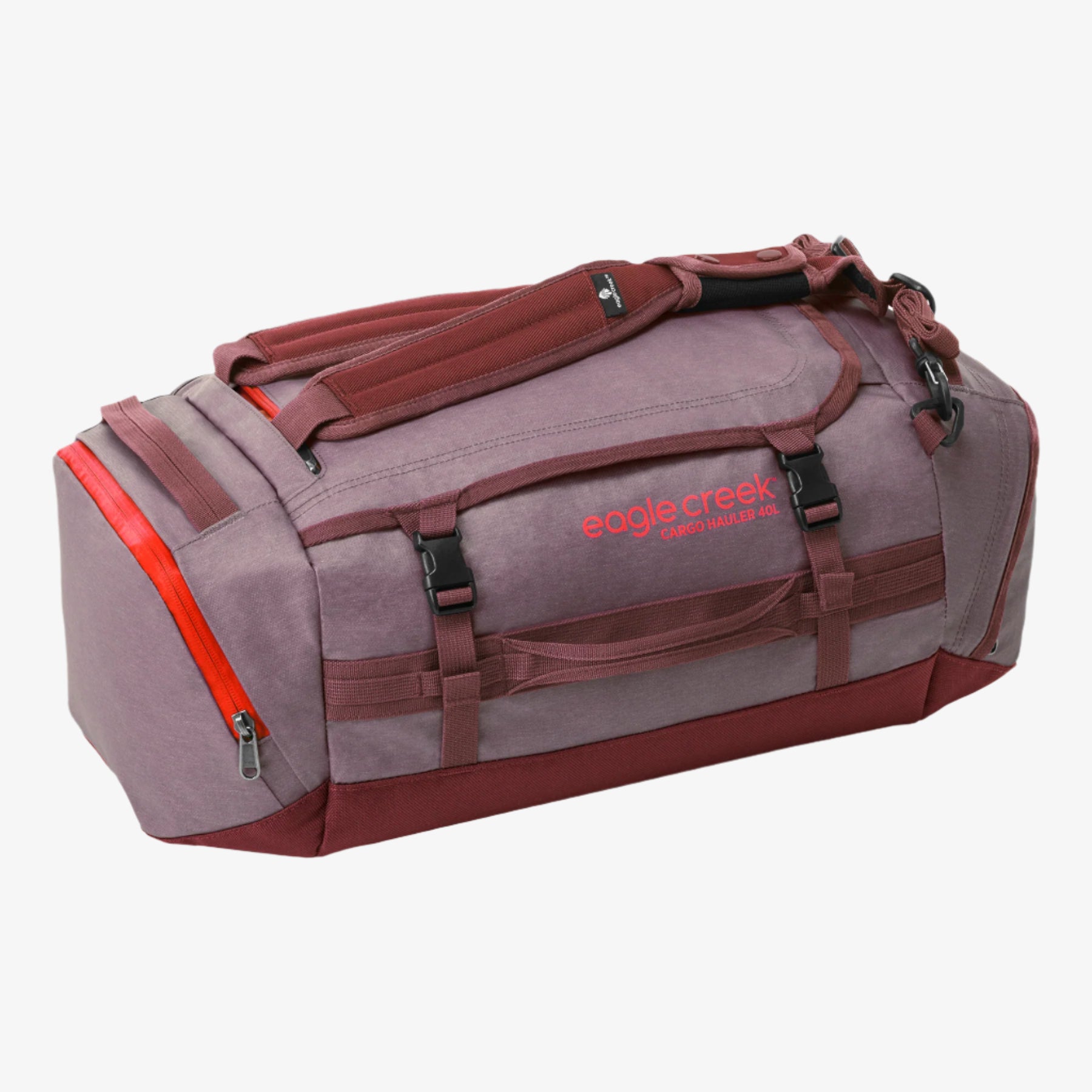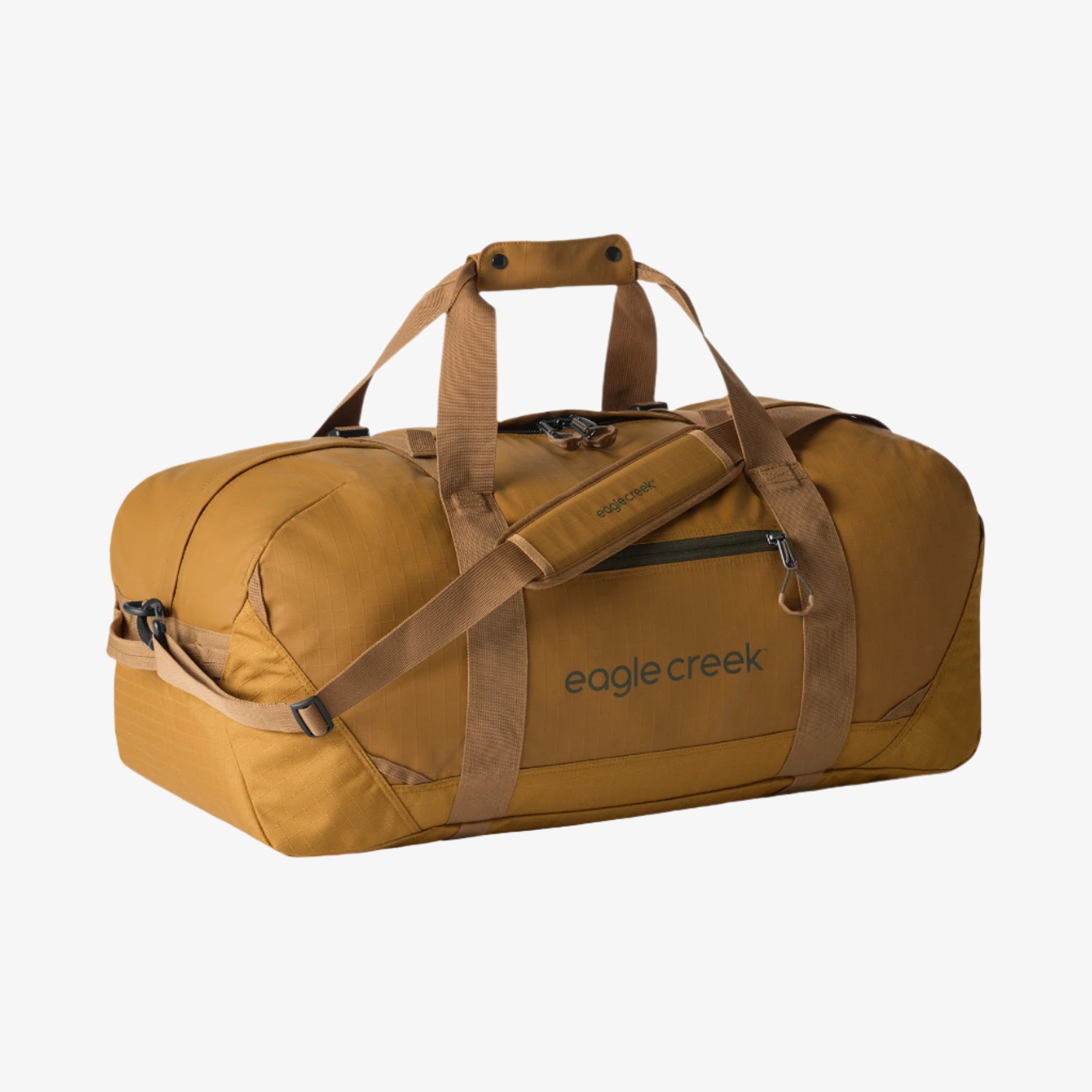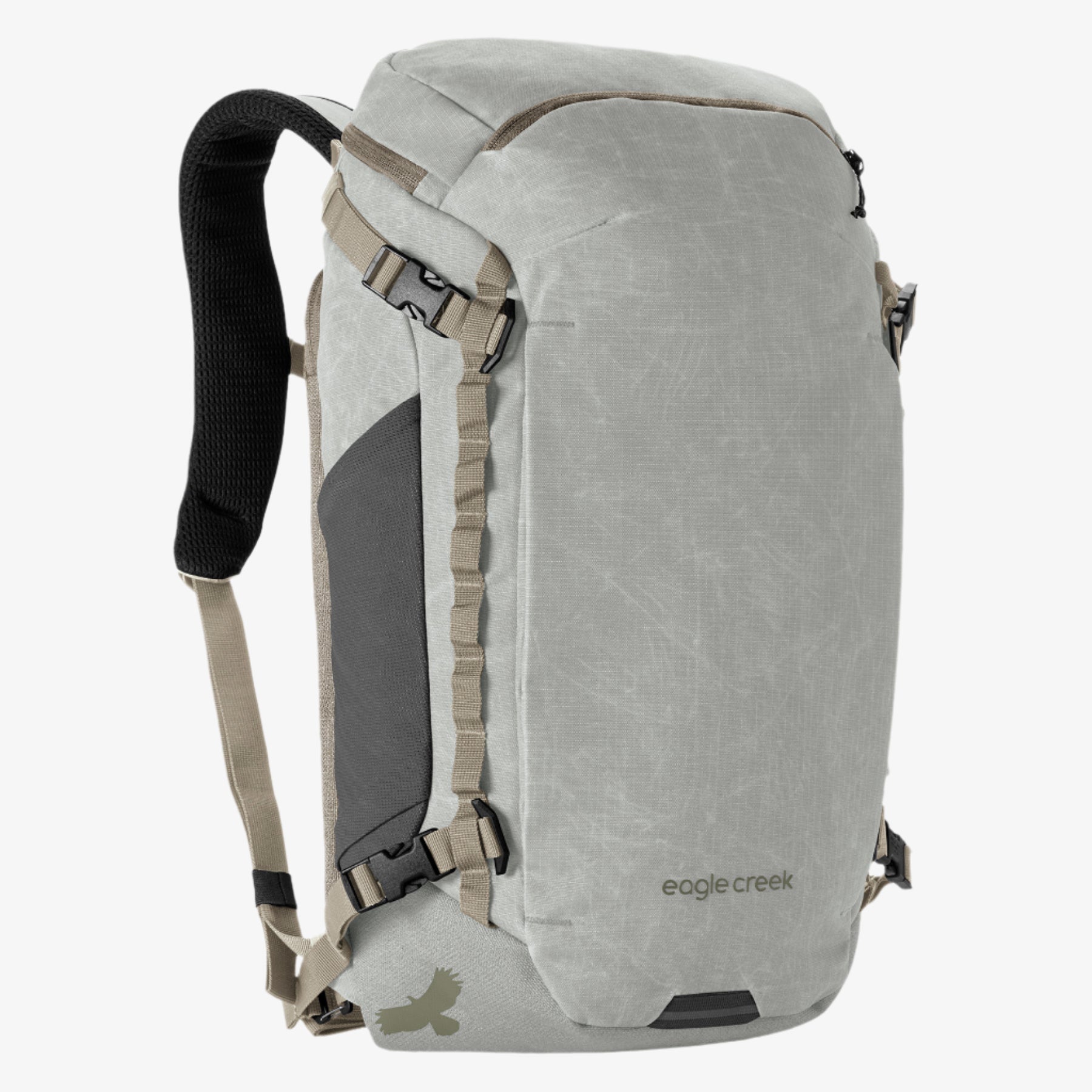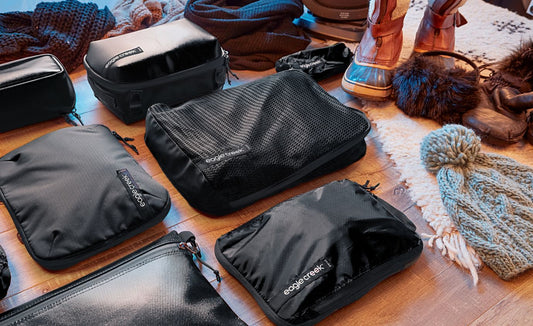Join the Movement: Let's Protect Our Environment

Eagle Creek has joined the #DontFeedTheLandfills movement. Learn what Eagle Creek and other founding partners are doing to reduce the amount of waste we send to landfills.
Last year, during the Outdoor Retailer tradeshow, the outdoors industry foundation was inspired by a new movement to reduce the amount of waste entering the world’s landfills. It's called #DontFeedTheLandfills, and is possibly one of the most important movements in this century. The industry was inspired by founding members such as Backpacker Magazine, National Parks Foundation and Subaru, who showed the industry the possibilites of what the movement could achieve. Subaru lead the charge by showing their long-standing success of zero landfill waste—that's right, zero—which is nothing short of impressive for an organization of Subaru’s size.
Eagle Creek was one of the first companies to sign the #DontFeedTheLandfills pledge. (Now more than 100 companies have signed.) The pledge is this: “We commit to doing all we can to reduce the amount of trash sent to landfills, promise to encourage our employees, vendors, suppliers, and customers to do the same, and vow to use #DontFeedTheLandfills wherever and whenever possible to raise awareness of the movement.”
Take a look at what Eagle Creek is doing, what Subaru is doing, and what you can do to stop the growth of landfills and do your part to help save the Earth.
What Eagle Creek is Doing
Eagle Creek compiles a sustainability report each year, detailing ways that it is striving to reduce its environmental impact, and it’s had many strong successes. One of those successes is the use of Bluesign-certified fabrics in the construction of luggage and accessories. Bluesign fabrics are made in an environmentally sustainable way by “eliminating harmful substances right from the beginning of the manufacturing process and setting and controlling standards for an environmentally friendly and safe production.”
But it doesn’t stop there. Eagle Creek also uses recycled materials for shipping and packaging supplies. Plus, more than 11,000 products have been saved from landfills by the company's policy of repairing products, rather than scrapping them. Couple that with a return rate of less than one percent, and you have a company that is truly working hard to make positive environmental changes.
What Subaru is Doing
Subaru took the zero-landfill initiative for a test drive at Subaru of Indiana Automotive (SIA), the home of Subaru manufacturing in North America. In 2004, it became the nation’s first auto plant to achieve zero-landfill status. SIA manages to reuse or recycle every bit of waste from its auto manufacturing, and now Subaru is using that experience to assist national parks in achieving similar goals. Denise Coogan, Environmental Partnership Manager, Subaru of America, Inc., says, “The biggest success for Subaru has been the honor of helping the pilot parks (Denali, Yosemite, and Grand Teton National Parks) form and execute their plans to reduce their wastes and increase their recycling efforts.”
What You Can Do
The very first step is to join these companies in making a zero-landfill pledge. Then, there are a number of practical ways that you can help the environment on your own.
- Avoid buying products with excessive packaging. And if a product does come with excessive packaging, make sure you recycle whatever you can.
- Buy food items in bulk, utilizing reusable containers to store smaller portions.
- Use reusable water bottles and coffee mugs to minimize waste. While disposable water bottles can at least be recycled, most disposable coffee cups are coated in wax, which makes them unable to be recycled.
- Before recycling, rinse heavily soiled bottles or containers to ensure that they don’t contaminate other recyclables.
And these are just a few tips! There are many easy strategies that you can incorporate into your daily life to limit the waste that you feed to the landfills. Take a look at Subaru’s full list of Ways to Help Parks Become Zero-Landfill for more suggestions.
Have some additional ideas? Use the hashtag #DontFeedTheLandfills and tag Eagle Creek (@eaglecreek) to share how you're helping to the planet.
Related links (from Eagle Creek blog):
Live: How Eagle Creek Makes an Impact Locally

